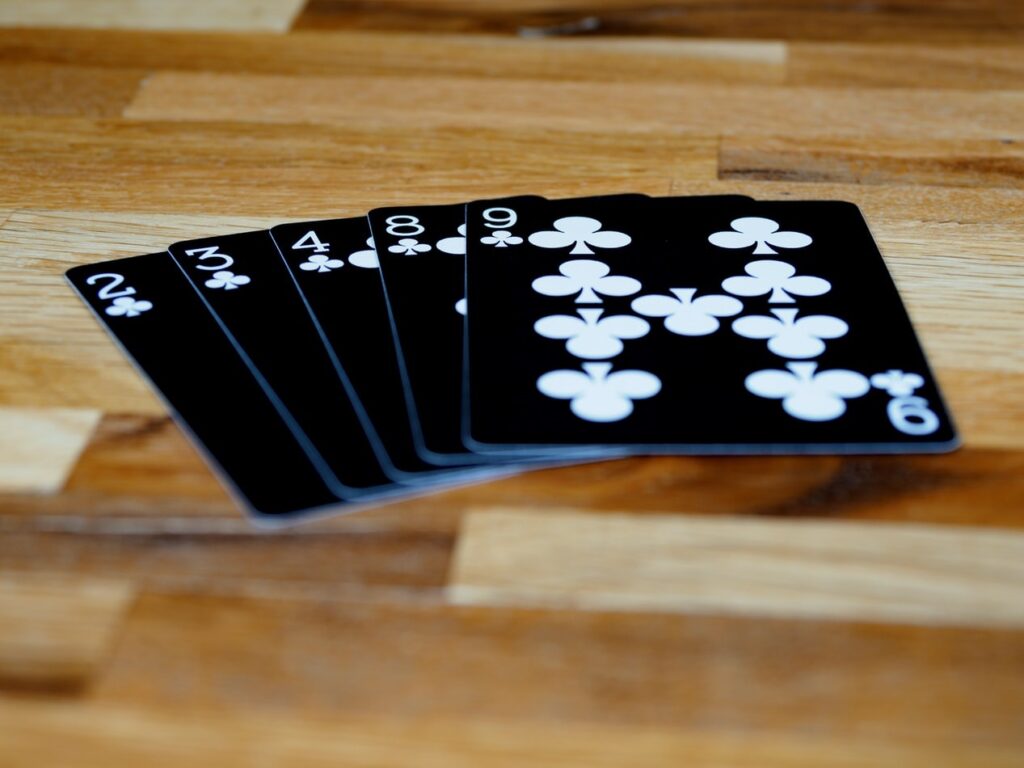There are some perceptions that among different coding languages today, Java has become old fashioned or outdated. A lot of younger developers today opt for what they consider to be more modern languages — even though some of these, like Python, is as old or older than Java!
In some cases, there is logic to the notion of moving on to other languages that are better suited to particular tasks. Going back to the Python example, for instance, many who are coding for machine learning purposes today prefer this language to some similar alternatives. At the same time though, we’ve argued that Java is still worthwhile. It’s friendly to beginners, it has countless applications and uses, there’s a massive community around the language, and it can even be a good foundation for learning and using other languages down the road. In short, the “old fashioned” label may be appropriate in some respects; the “outdated” one is not.
With all of this said, we wanted to write a few words on an intriguing beginner project for those who are trying to learn and experiment with Java. Once you get beyond the basics of any programming language, it can be helpful to attempt to build a specific program or application — both to test your ability and to gain some hands-on experience. And one such application that we’ve seen popping up in examples now and then is a Java poker game.
There are a few reasons this strikes us as a, particularly interesting beginner project.
Existing Examples
As mentioned, we’ve seen Java poker projects popping up now and again online. This makes it possible to reference existing, easily accessible material that can help you with your own project. In time, you’ll want to find ways to work out difficulties with your own application on your own. But as a beginner, it is helpful to have some examples, and it’s easy to find them for a Java poker program.
Straightforward Coding
The actual coding needed to build a functioning poker application is pretty straightforward. The tasks you need to confront are basically those of creating a deck of cards, teaching the program to deal, and teaching the program to recognize card combinations. There isn’t a lot of complexes, inventive coding involved so much as there’s some repetition (which is something to get used to as a beginner with any language anyway).
Simple Data
You also don’t need to do a ton of research, or even know poker extremely well, to gather the data to input in the program. Again, you’ll need to build in a deck of cards, which is easy to do. In teaching the program how to recognize hand values, you’ll also need to look up how poker hands rank against one another so that the application will know who wins a given hand. And some may choose to build in the probabilities of securing any individual hand — though this actually takes away from randomness, and those probabilities should in theory take care of themselves. All in all, there isn’t a lot of data- or content-related research or education involved.
Useful Product
It also shouldn’t be overlooked that a poker application is useful and fun! It’s beneficial to make a beginning product that you’ll actually want to use or show to other people. It makes the whole process seem more worthwhile, and will likely help to motivate you to keep learning and improving, both with Java and with coding in general.
Overall, Java is actually not widely used for game development. Typically, developers turn instead to C++, C#, BASIC, or even JavaScript. However, those decisions usually have to do with bigger, more involved games. As a learning experience and beginner-appropriate application, a simple poker program makes for a useful and enjoyable project for new coders dabbling in Java.
